White tea is increasingly favored by tea lovers, with more enthusiasts collecting it. Some may question: Is white tea just a trend? Is it truly exceptional? Here’s why white tea stands out—its composition and functional benefits.
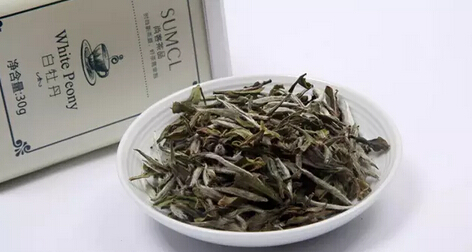
Key components of white tea:
Catechins 6-12% (a polyphenol contributing to bitterness, higher than black tea but lower than green tea);
Amino acids 2-5% (the primary source of freshness, significantly higher in white tea than other tea types);
Alkaloids 2-4.5% (bitter compounds, mainly caffeine, constituting over 90%);
Flavonoids 2-4% (a distinctive feature of white tea, abundant in content);
Aromatic compounds 0.02% (the foundation of white tea’s aroma, primarily alcohols and aldehydes).
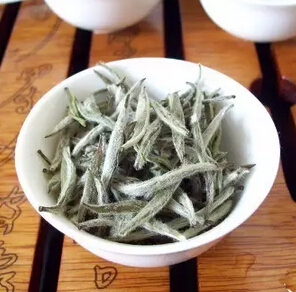
1 Catechins 6-12%
Antioxidant effects: Clears free radicals and boosts antioxidant enzyme activity;
Antibacterial properties: Broad-spectrum inhibition;
Immunity enhancement: Animal studies show increased white blood cell counts.
2 Flavonoids 2-4%
Antioxidant benefits;
Improves blood circulation and cardiovascular health;
Lowers cholesterol and blood sugar.
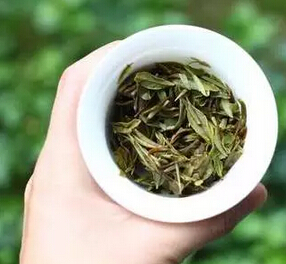
3 Tea pigments (theaflavins and thearubigins): Theaflavins (0.5%-0.25%), thearubigins (3-5%)
Antioxidant properties; reduces blood pressure and lipids, preventing cardiovascular diseases;
Antitumor effects: Significantly slows cancer cell growth;
Antibacterial, antiviral, and dental health benefits.
4 Caffeine 2-4.5%
Dilates blood vessels, stimulates the central nervous system, promotes circulation, and prevents hypertension, headaches, and myocardial infarction.
5 Amino acids 2-5%
Essential nutrients; theanine calms nerves, lowers blood pressure, enhances memory, protects neurons, and boosts antitumor drug efficacy.
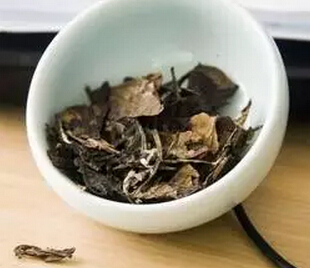
6 Vitamins
Water-soluble vitamins B and C in white tea:
Vitamin B prevents beriberi, aids DNA repair, and prevents mutations;
Vitamin C combats scurvy, offers antioxidant effects, and prevents cancer.
7 Minerals
Predominantly potassium and phosphates, followed by calcium, magnesium, titanium, manganese, aluminum, and traces of copper, zinc, sodium, sulfur, fluorine, and selenium.
Minerals strengthen bones, aid hemoglobin production, support growth, and enhance immunity;
Fluorine content in white tea is notably high, effectively preventing osteoporosis in the elderly.
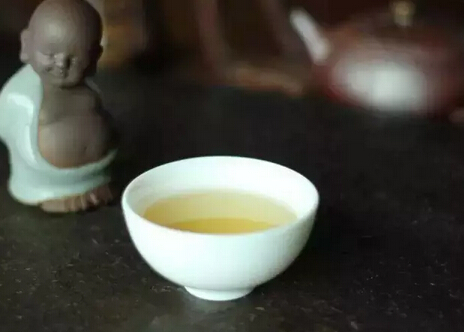
8 Tea polysaccharides
Lowers blood sugar and lipids, increases coronary flow, slows heart rate, and offers anti-inflammatory, anticoagulant, antithrombotic, and anti-radiation effects, boosting self-protection.
Now you understand why Fuding white tea is so popular!